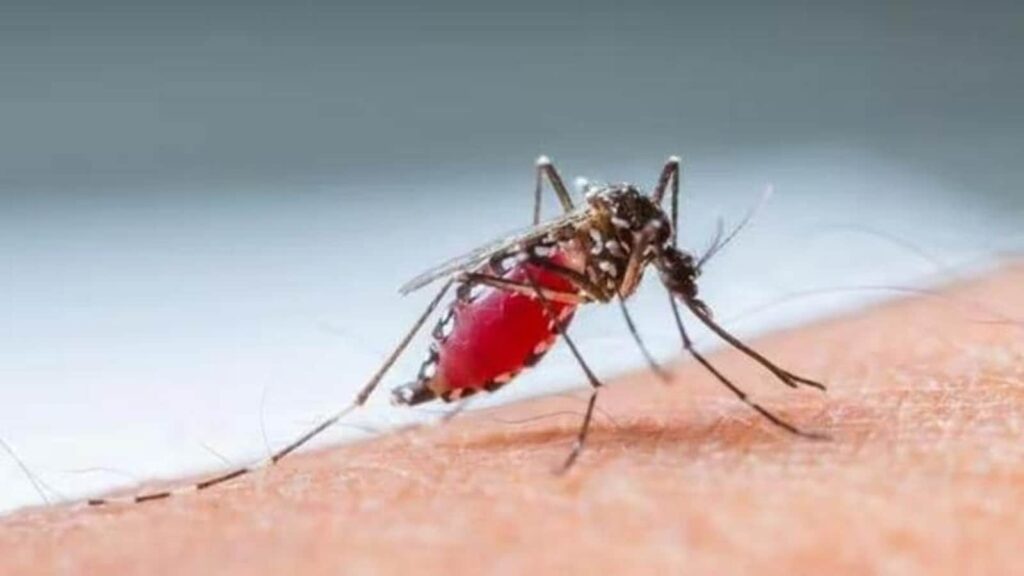One of the world’s most significant public health breakthroughs played out in Africa last week. The World Health Organization, Global Vaccine Alliance (Gavi) and UNICEF announced that 12 countries across Africa will receive 18 million doses of the first-ever malaria vaccine over the next two years, marking a critical step forward in the battle against one of the leading causes of death in the world. The Mosquirix vaccine has already been administered to more than 1.7 million children in three countries — Ghana, Kenya and Malawi — with encouraging results. Now, if the authorities find that the vaccine remains effective among larger populations in countries such as Burundi, Cameroon, and Uganda, it will mean that science will have triumphed over yet another dreaded illness.
A vaccine against any disease that causes upwards of 600,000 deaths worldwide every year is to be celebrated. But what makes this moment truly groundbreaking is that malaria afflicts many low-income communities in poor countries that often lack the resources to effectively tackle the disease. In one swoop, the vaccine can improve the lives of millions of people who often remain at the margins of global public health. This is also great news for India, where cases of malaria have been dropping but still continue to account for about 83% of all malaria deaths in the southeast Asia region. India should consider initiating talks to receive doses of the shot through global alliances. Thanks to science, malaria may soon join the ranks of smallpox and other diseases that once ravaged humanity but are now only scars in collective social memory.

